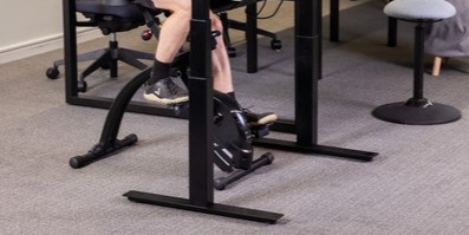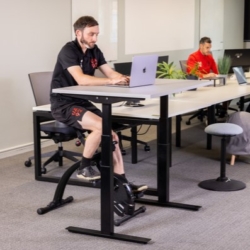To provide the best experiences, we use technologies like cookies to store and/or access device information. Consenting to these technologies will allow us to process data such as browsing behaviour or unique IDs on this site. Not consenting or withdrawing consent, may adversely affect certain features and functions.
The technical storage or access is strictly necessary for the legitimate purpose of enabling the use of a specific service explicitly requested by the subscriber or user, or for the sole purpose of carrying out the transmission of a communication over an electronic communications network.
The technical storage or access is necessary for the legitimate purpose of storing preferences that are not requested by the subscriber or user.
The technical storage or access that is used exclusively for statistical purposes.
The technical storage or access that is used exclusively for anonymous statistical purposes. Without a subpoena, voluntary compliance on the part of your Internet Service Provider, or additional records from a third party, information stored or retrieved for this purpose alone cannot usually be used to identify you.
The technical storage or access is required to create user profiles to send advertising, or to track the user on a website or across several websites for similar marketing purposes.
 A new report claims that UK graduates are falling short when it comes to offering organisations the creativity they need in the workplace. The poll from Canva of around 1,000 recent university graduates, educators, and hiring managers in the UK, suggests that over three quarters (77 percent) of graduates and 66 percent of hiring managers consider creativity essential for landing a job and succeeding in the workplace. (more…)
A new report claims that UK graduates are falling short when it comes to offering organisations the creativity they need in the workplace. The poll from Canva of around 1,000 recent university graduates, educators, and hiring managers in the UK, suggests that over three quarters (77 percent) of graduates and 66 percent of hiring managers consider creativity essential for landing a job and succeeding in the workplace. (more…)

































September 17, 2024
Menopause is a workplace issue. Here’s why
by Kate Usher • Comment, Workplace
Menopause is one of those things that until a few years ago, most of the population hadn’t heard of. Even if they had, it certainly wasn’t a workplace issue. Which is interesting as half the population will have one in some form. More specifically more than one in every ten people in our workforce is currently menopausal. (more…)